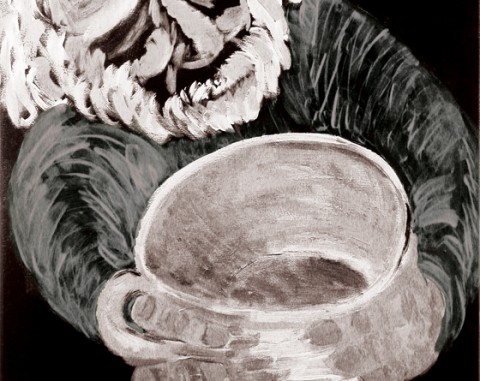No place for alms: A curb on panhandling

As she prepared to plant herself in the middle of an eight-lane highway in Durham, North Carolina, Episcopal priest Rhonda Lee was scared. Not because she was about to spend an hour asking strangers for money, but because the cars beside her were moving fast. It was a windy day in March, with temperatures near freezing, and the vehicles whizzing by only made it worse.
Lee picked her spot and hustled over to the median, a concrete bump between two-way traffic. Homeless men and women often spend their days there begging for spare change. A new law in Durham makes standing in the median illegal, and Lee was there to protest the measure. Proponents say the law’s purpose is safety. Critics claim that the law, which forces panhandlers to the passenger side of the road, reduces their ability to receive charity and effectively criminalizes solicitation.
“As a clergyperson I am also dependent upon alms for my income,” said Lee, one of six pastors who engaged in civil disobedience that evening. The least she could do, she thought, was to break the new law to try and bring attention to her neighbors’ plight. The pastors were joined by some 40 others, including a few of the regular panhandlers.




